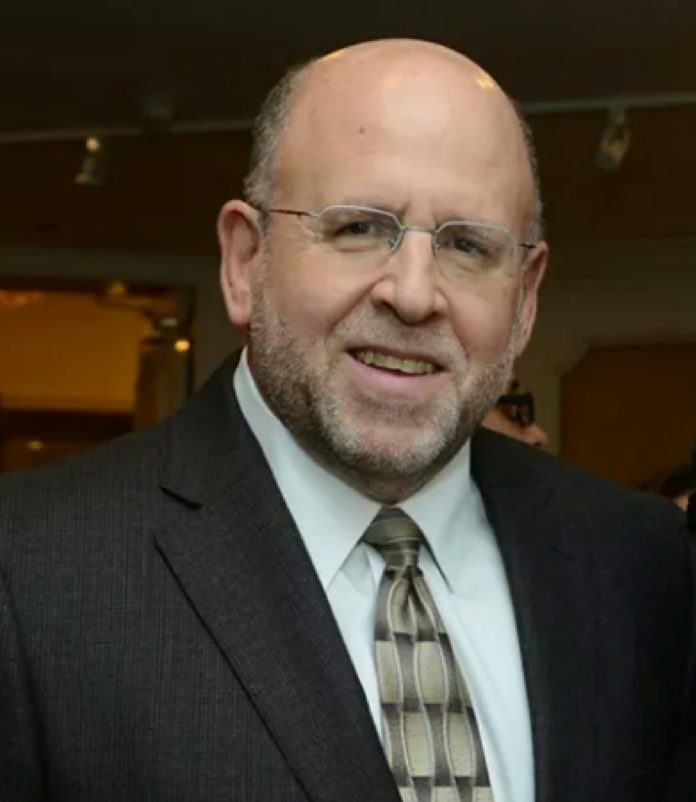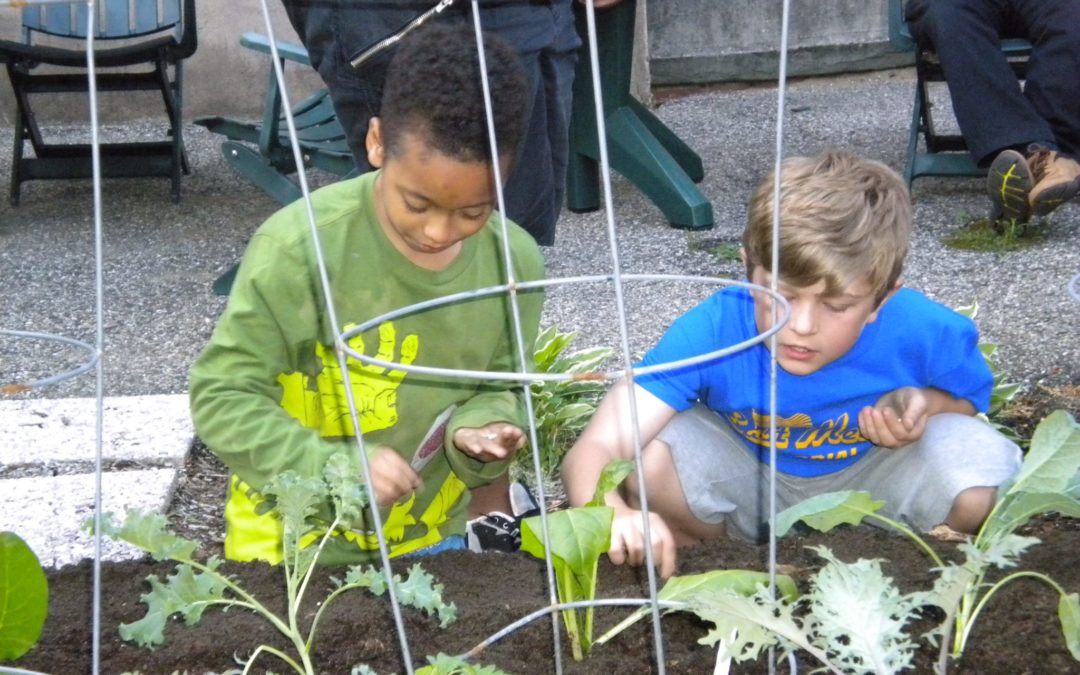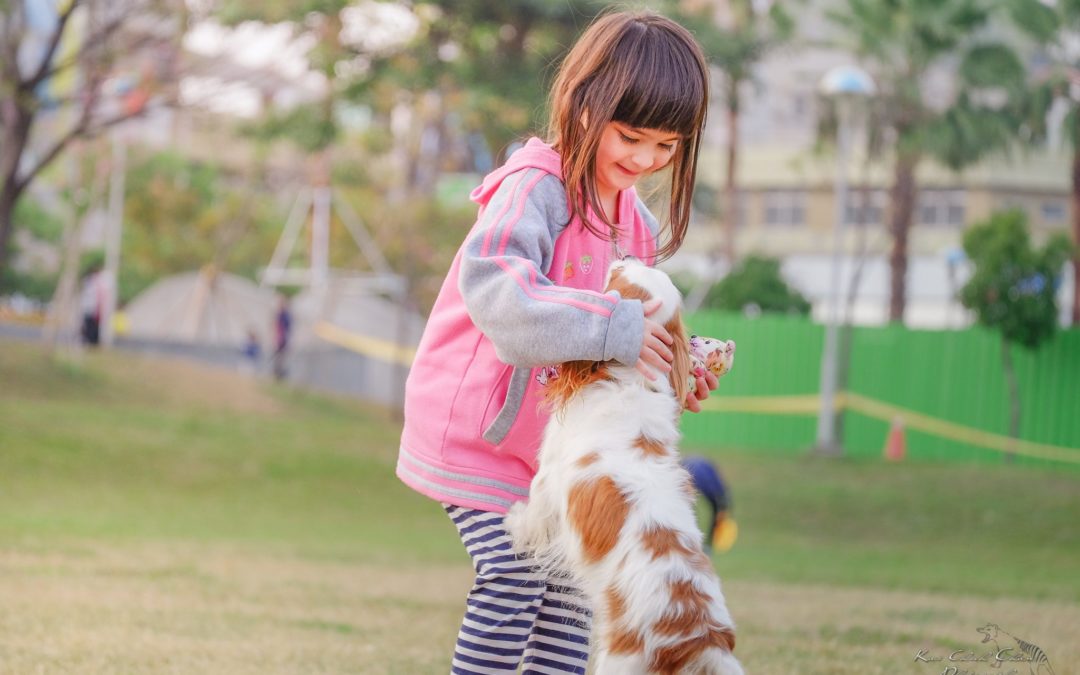
by North Shore Child & Family Guidance Center | Apr 22, 2019 | In The Media
 Last month, a federal court in the Northern District of California found that the giant health insurer United Behavioral Health had been using flawed criteria, contrary to generally accepted standards, to determine medical necessity for the care and treatment of patients with mental health and substance use disorders (MH/SUD).
Last month, a federal court in the Northern District of California found that the giant health insurer United Behavioral Health had been using flawed criteria, contrary to generally accepted standards, to determine medical necessity for the care and treatment of patients with mental health and substance use disorders (MH/SUD).
D. Brian Hufford, a partner at Zuckerman Spaeder, who heads the firm’s health care practice that represented more than 50,000 plaintiffs in the class action lawsuit, commented that “This is a monumental win for mental health patients, who face widespread discrimination in attempting to get the coverage they were promised and that the law requires.”
Why did UBH discriminate? They did it for one reason: to reap the financial rewards that restricting or denying access to outpatient and residential care for individuals living with MH/SUD generates.
Although the finding did not specifically address federal parity law, it does speak directly to the need for far better enforcement of the law.
During the final year of George W. Bush’s administration in 2008, the U.S. Congress passed the Mental Health Parity and Addiction Equity Act (MHPAEA), a federal law to prevent health insurers that provide MH/SUD benefits from carrying out less favorable benefit limits on those benefits than on medical and surgical benefits. In other words, parity law holds that it is illegal to treat diseases of the brain differently than those of any other part of the body.
Chief Magistrate Joseph C. Spero stated that UBH guidelines were aimed first at reducing costs through “an excessive emphasis on addressing acute symptoms and stabilizing crises while ignoring the effective treatment of members’ underlying conditions.”
This decision fires a powerful warning shot at all insurance carriers that cut corners in determining medical necessity without regard for quality of care and with the sole aim of enriching themselves at the expense of their beneficiaries living with MH/SUD.
As plaintiff’s attorney D. Brian Hufford concluded, “For the first time, an insurer was forced to stand trial for denying thousands of mental health and substance use disorder claims, and the court delivered a strong message: what you’re doing is harmful and illegal, and it must end.”
In his decision, Judge Spero found that UBH demonstrated “an abuse of discretion” that was “infected” by monetary incentives intended restrict access to care.
Patrick Kennedy, former US representative and leading mental health advocate, correctly frames the case as a matter of civil rights. He compared the ruling to the landmark 1954 Supreme Court decision that found racial segregation in public schools unconstitutional. He said that the UBH ruling is the Brown v. Board of Education for the mental health movement.
The insurance industry has consistently discriminated against individuals with MH/SUD and with impunity. Government officials, federal and state, have failed to adequately enforce parity law ever since its passage more than 10 years ago.
Now, according to Kennedy, “we have a federal court specifically and forensically breaking down how they get around the federal law. Judge Spero’s decision makes it clear that there will be consequences for disregarding established clinical practice in favor of a financial bottom line.”
Andrew Malekoff is the executive director of North Shore Child & Family Guidance Center.

by North Shore Child & Family Guidance Center | Apr 22, 2019 | In The Media

Regardless of where you stand in the political spectrum, we can pretty much all agree that these are highly divisive times in our culture.
It often seems that pundits, politicians and people on all sides of the various issues of our day have lost their ability to disagree respectfully. And kids of all ages aren’t immune to absorbing the notion that speaking loudly, aggressively and in a denigrating manner is somehow perfectly acceptable.
In such an environment, how do we teach our kids to approach disagreements without resorting to bullying words and behaviors?
One initiative designed to tackle this problem is First Lady Melania Trump’s “Be Best” campaign. As she states on her website, “It is our responsibility as adults to educate and reinforce to children that when they are using their voices — whether verbally or online they must choose their words wisely and speak with respect and compassion. It remains our generation’s moral imperative to take responsibility and help our children manage the many issues they are facing today, including encouraging positive social, emotional and physical habits.”
Can we really expect political figures to serve as models who live up to the First Lady’s “Be Best” ideal?
In our own backyard, there seems to be a never-ending parade of perp walks, criminal trials, convictions, fines, prison sentences and incarcerations of elected officials for taking bribes, bid-rigging, obstructing justice and more.
Brokering official favors for personal benefit seems to be part of the culture in many political clubhouses, executive offices and legislative chambers in Long Island and New York state. We even see the breakdown in the recent college admission scams, where parents sought preferential treatment for their children through what used to be called payola.
The ideals that Mrs. Trump wants to advance will be more likely to gain traction at home, in school houses, fields of play and or houses of worship. Yet, on occasion an inspiring political leader, super athlete or charismatic musician or actress will touch one’s heart by exuding compassion as they champion meaningful causes such as mental health or drug prevention. They deserve our respect and appreciation for living out the message that people should care about others, not just talking the talk but walking the walk.
Some might say that “Be Best” is an easy phrase to poke fun at, just as “just say no” was during Nancy Reagan’s tenure as first lady, when she launched an anti-drug campaign.
But, as deeply divided as we are becoming as a nation, “Be Best” is a good message. Just because it is a bit corny and not embodied in Washington, D.C., and statehouses across the nation, we should not let our cynicism dilute the message or allow our behavior to dilute the ideal.
To do so would be to turn our back on our kids. If these are times in which we just cannot be best, maybe we can at least strive to be better.
Andrew Malekoff is the executive director of North Shore Child & Family Guidance Center, which provides comprehensive mental health services for children from birth through 24 and their families, including support for pregnant and parenting teens and their babies. To find out more, visit www.northshorechildguidance.org. For more on the Be Best Initiative go to www.whitehouse.gov/bebest.

by North Shore Child & Family Guidance Center | Apr 16, 2019 | Blog
What is your favorite thing about springtime? Here at North Shore Child & Family Guidance Center, the warm weather of April marks the joyful start of planting season at our two organic gardens—one at our headquarters in Roslyn Heights and the other at our Marks Family Right From the Start 0-3+ Center in Manhasset.
When they begin as clients of the Guidance Center, many children and teens have low self-esteem and low self-confidence, but when they learn how to garden and then share their knowledge with children and adolescents from our other therapy groups, they feel accomplished.
“One of the most critical things for kids we work with is to help them develop and build a sense of belonging, mastery and competence,” says Andrew Malekoff, Executive Director of the Guidance Center. “In the garden, it’s also a way for them to connect with other kids.”
“We work with kids who sometimes have trouble staying focused and organized, but in the garden, they are able to do those things,” says Hillary McGrath, Mental Health Counselor at the Guidance Center. McGrath teaches the younger kids a poem: “Your mind is a garden, your thoughts are the seeds, you can plant flowers, or you can plant weeds.” And then they talk about behaviors they might want to “weed out” of their lives.
Groups of our children and teen clients water, seed and weed the organic beds, and they’re filled with joy when they see the vegetables grow. They bring some of the produce home to their families, but the excess goes to a local food pantry, which makes them feel proud of their ability to help others. “Kids have a sense of giving back,” says Bruce Kaufstein, Director of Clinical Services at the Guidance Center. “It’s empowering for them to give something back to the community.”
Of course, gardening is a great learning experience not only for kids and teens with mental health challenges, but for every child! Below are some of the lessons that come from working the soil:
- Gardening teaches children to respect nature and to marvel in the beauty and abundance that they helped create with their own two hands.
- Group gardening helps kids learn social skills as they work together to tend to the vegetables and flowers they are growing.
- Working in a garden helps children develop a sense of accomplishment and self-esteem as they witness what their hard work and dedication can create.
- Gardening helps reduce stress as kids focus their attention on the tasks at hand, live in the present moment, and leave behind obsessive thoughts and worry.
- The physical nature of gardening is good exercise for the body, and it also releases “feel good” chemicals such as serotonin.
- Finally, by growing vegetables themselves, kids are more likely to eat them!
For more information about our programs and services, call (516) 626-1971 or email info@northshorechildguidance.org.

by North Shore Child & Family Guidance Center | Apr 15, 2019 | Anton Media, In The Media

(Image by Rudy and Peter Skitterians from Pixabay)
I have protested or testified before government bodies for issues including separating children at the border, school shootings and insurance parity for mental health and substance use disorders. I participated in a number of relief efforts after large-scale disasters such as 9/11 and Hurricane Sandy. Yet nothing haunts me as much as the poisoning of an American city.
The water crisis in Flint, MI, began in April 2014 when, in a cost-cutting measure, the drinking water supply from Detroit’s system was switched to the Flint River. When essential treatment and testing of the water did not follow, health issues ensued.
Government officials turned their backs on the residents of Flint by ignoring the problem that was signaled by foul smelling and discolored water being piped into people’s homes for nearly two years.
Five years later, in January 2019, Gov. Gretchen Whitmer assured Flint residents that they will continue getting free bottled water until all of the pipes are replaced. According to a Jan. 23, 2019 report in The Detroit News, “As of December, the city had replaced nearly 7,000 out of 18,300 lead or galvanized steel water pipes it had identified.”
Beyond the local community, where is the sustained outrage about this unfathomable crime against the children and families of Flint?
I’ve seen a lot in seven decades beginning in the early 1950s, and although I never attempted to rank the horrors over those years, I find the poisoning of Flint, MI, to be among the most troubling. Although there has been backlash, I find it to be muted in comparison to other disasters.
The poisoning of an American city and all of its children, mostly children of color, was a government cost-cutting measure that would have been considered ethnic cleansing by our government leaders if it happened in any other country but our own, according to filmmaker Michael Moore.
To be clear: The residents of an entire American city were poisoned for 19 months. There were warning signs—off-tasting water, body rashes, itchy skin, hair loss—yet government officials told the residents that the water was just fine. It took almost two years of poisoning for the government to wake up after researchers pointed to elevated levels of lead in children.
Corruption in New York State and the country at large is so common that clean government has become an oxymoron. Have we become so inured to it that our attention cannot focus on the latest scandal for very long? Has our capacity for empathy become drained by serial horrors?
If my children were among the poisoned I would likely have to contain feelings of murderous rage, because acting on such impulses would do nothing to help my children.
Yet how do the parents of Flint cope with the knowledge that their children, with still-developing brains, may sustain cognitive impairments that will last a lifetime?
Gov. Whitmer reflected, “Trust was not broken overnight, and it’s not something you can earn overnight.”
The Detroit News reported that “many residents remain wary of the water amid fears that pipe replacement efforts could dislodge lead flakes.” They likely remember that state regulators did not make sure that the city used corrosion control chemicals when it made the switch to the Flint River for its water supply in April 2014.
Will trust ever be restored by parents who understand that their children’s intellectual potential has been compromised by bureaucrats looking for a shortcut to balance the budget? What can one do or say to offer some relief? I cannot think of a thing. Can you?
Andrew Malekoff is the executive director of North Shore Child & Family Guidance Center, which provides comprehensive mental health services for children from birth through 24 and their families. To find out more, visit www.northshorechildguidance.org.

by North Shore Child & Family Guidance Center | Apr 11, 2019 | Blog
Today is National Pet Day, but in reality, for the estimated 65% of U.S. households that own a pet (nearly 80 million homes), every day is Pet Day!
The benefits of having a pet in the family are enormous, impacting physical, mental and emotional wellbeing.
Dog owners, in particular, reap health rewards when they walk and play with their favorite four-legged family members. But research shows that interactions with any type of pet reduce stress and increase the production of “feel good” hormones such as oxytocin.
All kids, whether or not they have mental health challenges, benefit from their relationships with their pets, but introducing pets into therapeutic settings is especially powerful, helping children feel loved, teaching them skills to self-soothe and much more. (To read more about the benefits of pet therapy, click on our blog from May 2018.)
If you are considering bringing a pet into your family, it’s important to be sure you and your children are ready to take on the responsibility of pet ownership. Here are seven factors to consider:
- Kids will promise the moon and stars to get a pet, but as the adult, you are likely going to be the one who does most of the caretaking, so make sure you are ready for the responsibility.
- Caring for pets—especially dogs and cats—can be an expensive proposition, with estimates running from $500 per year to well over $1,000. Click here to find the results of a survey on the cost of owning various pets.
- Do you have little ones in the house? Children under three or four need to be supervised with pets at all times, since they may be impulsive and risk harming the pet or themselves.
- When choosing a pet, do your research. The pet should be a good match for your lifestyle. For example, if you live in an apartment, you might want to avoid getting a highly active dog (regardless of size). But if you have a fenced-in yard and enjoy tossing the ball around, an energetic pup may be exactly the right fit.
- Are you out of the house for a large part of the day? Pets require care and love, so if you and your family aren’t home most of the time, a dog or even cat might not be the right pet for you.
- Do your kids have asthma or other allergies? Despite the hype, there really are no allergy-free cats or dogs—but there are some breeds that are less allergenic than others. Ask your vet for some suggestions.
- Please adopt from a shelter and save a life. If you decide that you want a specific breed or your heart is set on the type of dog you had as a kid, consider a rescue or shelter pet. Read more shelter adoption tips here.
The best thing about having pets: Children and adults of all ages receive unconditional love, and what could be more important?
Sources:
https://moderndogmagazine.com/articles/factoid-can-you-guess-how-many-us-homes-have-pets/89271
https://www.aacap.org/aacap/families_and_youth/facts_for_families/fff-guide/pets-and-children-075.aspx
https://www.health.harvard.edu/staying-healthy/the-health-benefits-and-risks-of-pet-ownership
https://www.washingtonpost.com/national/health-science/your-dog-can-make-you-feel-better-and-heres-why/2016/09/19/fde4aeec-6a2a-11e6-8225-fbb8a6fc65bc_story.html?utm_term=.767bd1f323d7
https://www.businessinsider.com/how-much-it-costs-to-own-dog-cat-other-pets-2018-4
https://www.humanesociety.org/resources/top-reasons-adopt-pet

 Last month, a federal court in the Northern District of California found that the giant health insurer United Behavioral Health had been using flawed criteria, contrary to generally accepted standards, to determine medical necessity for the care and treatment of patients with mental health and substance use disorders (MH/SUD).
Last month, a federal court in the Northern District of California found that the giant health insurer United Behavioral Health had been using flawed criteria, contrary to generally accepted standards, to determine medical necessity for the care and treatment of patients with mental health and substance use disorders (MH/SUD).



